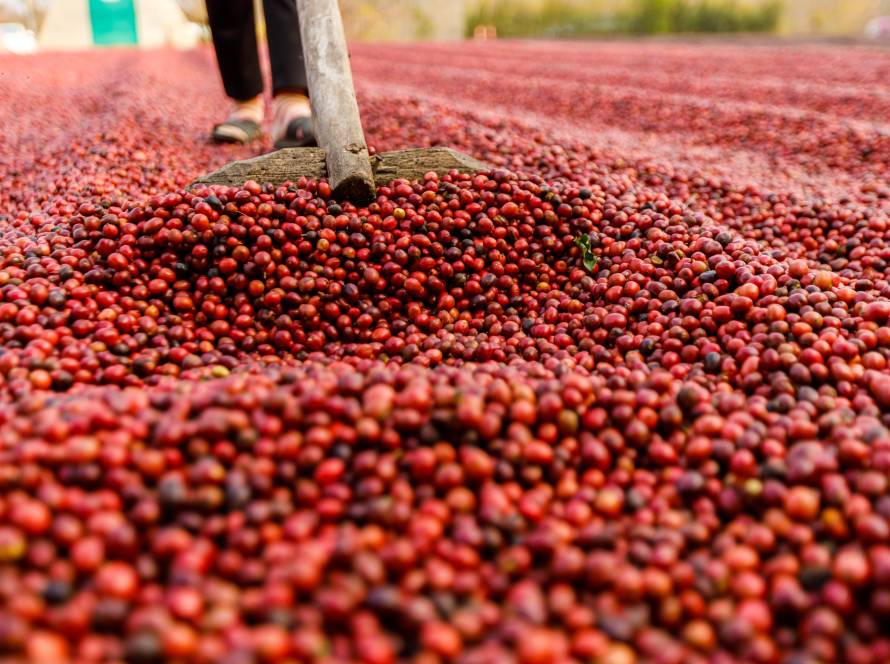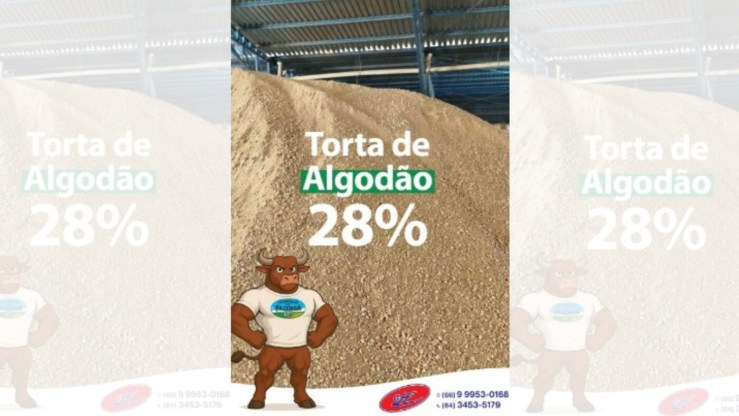![]()
By Bernardo Caram and Lisandra Paraguassu
BRASILIA (Reuters) - The Brazilian government has put on the negotiating table with the United States the possibility of increasing the sugar export quota to the North American country without levying taxes, with the aim of minimizing damage to the sector in the face of the possibility of implementing an additional tariff on ethanol, two sources familiar with the negotiations told Reuters.
The search for an increase in the sugar quota is a historic demand of the sector and had already been proposed without success in previous years, but the government decided to make a new attempt after opening rounds of negotiations in recent weeks, according to sources.
After assuming the presidency of the United States, Donald Trump began to propose increasing tariffs on imported products. In February, when announcing reciprocal charges against countries that tax the United States, the White House mentioned Brazilian ethanol as a possible target. The measure has not yet been implemented, but it could be included in a new package of taxes that the US government is promising for April 2.
Brazil currently has a quota of around 147,000 tons of sugar that can be exported to the US without incurring import taxes. The remainder is taxed per ton, resulting in average charges of around 80%.
Despite the extra-quota tariff, sugar exports from Brazil to the United States were not negligible in 2024, totaling 1.1 million tons, out of a total of 38.2 million shipped to all destinations, according to data from the Brazilian government.
According to sources, the increase in the quota would allow Brazilian producers to redirect their chains to increase sugar production in the event of a possible reduction in demand for ethanol due to the taxation of the fuel by the North Americans.
The first contacts to discuss tariff issues were made last week between Vice President Geraldo Alckmin and US Secretary of Commerce Howard Lutnick, and then between Foreign Minister Mauro Vieira and US Trade Representative Jamieson Greer.
After these conversations, it was agreed that technical groups should begin a dialogue to address tariff issues. The Brazilian government expects to include new products and agendas of interest to the country on the negotiating table.
In an interview with CBN radio on Tuesday, Alckmin acknowledged that the tariff imposed on ethanol by Brazil, of 18%, is higher than that of the US, of 2.5%, but considered that it is necessary to evaluate it together with sugar, citing the high charge by the North Americans for the volume that exceeds the “small quota”.
When the possibility of increasing ethanol taxation was mentioned by the White House in February, the Minister of Mines and Energy, Alexandre Silveira, said that in order to have a “fair and reciprocal” plan it would be necessary to eliminate import tariffs for Brazilian sugar, since the two countries have always negotiated sugar and ethanol together.
“The measure adopted by President Trump is unreasonable, since there is no talk of any compensation for expanding the export of Brazilian sugar to the United States,” he said in a statement at the time.
The discussion about including sugar in negotiations to avoid a higher tariff on Brazilian ethanol in the US, however, takes place at a time when Brazil has a growing production of fuel made from corn, the same raw material used by North Americans.
With several projects under development or construction, Brazil's annual corn-based ethanol production is expected to nearly double to around 16 billion liters by 2032, investment bank Citi said in a note published on Tuesday, citing the sector's rapid expansion.
Brazil's ethanol exports to the US last year totaled 310 million liters, out of a total of 1.9 billion liters exported to all destinations, according to data published by the Brazilian Sugarcane Industry Association (Unica). Imports totaled 192 million liters in 2024, with 110 million coming from the US.
One of the government sources added that an attempt will also be made to increase the meat export quota to the United States, on an agenda not directly linked to ethanol, but which would serve Brazilian agribusiness.




